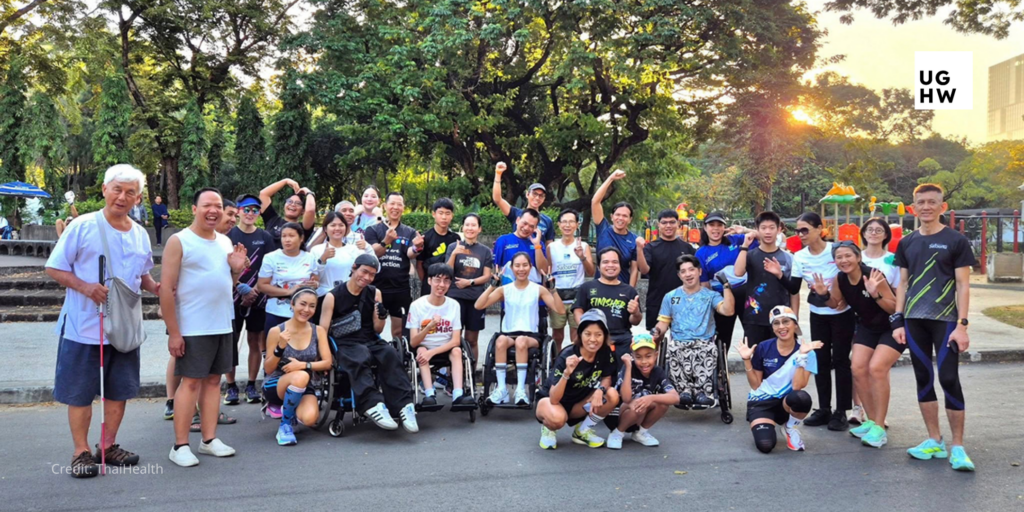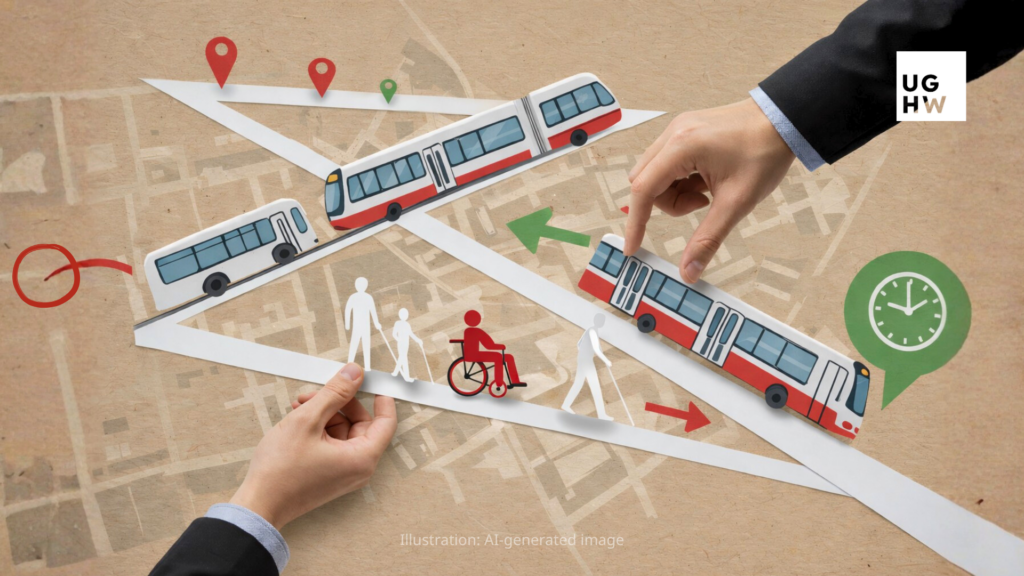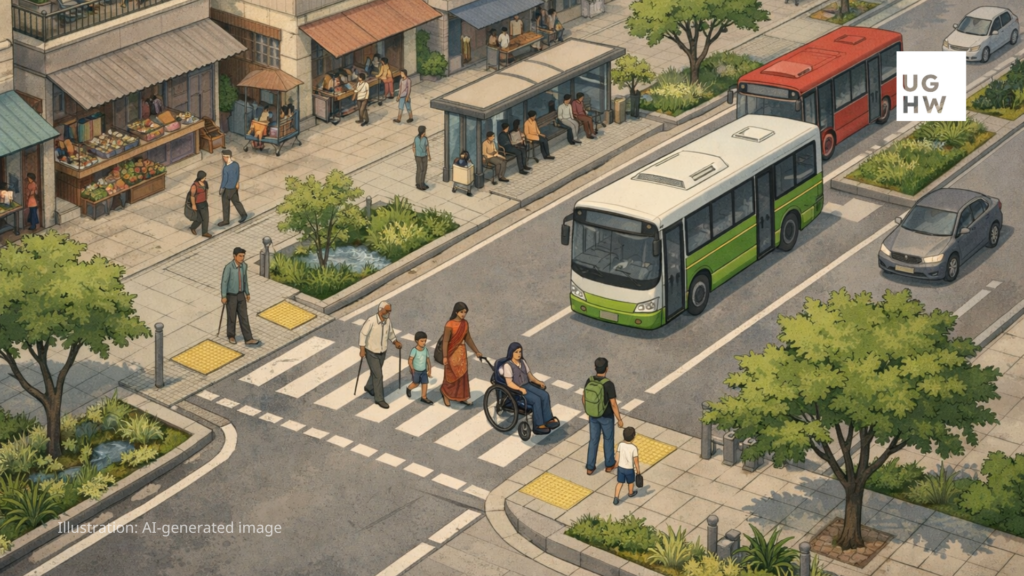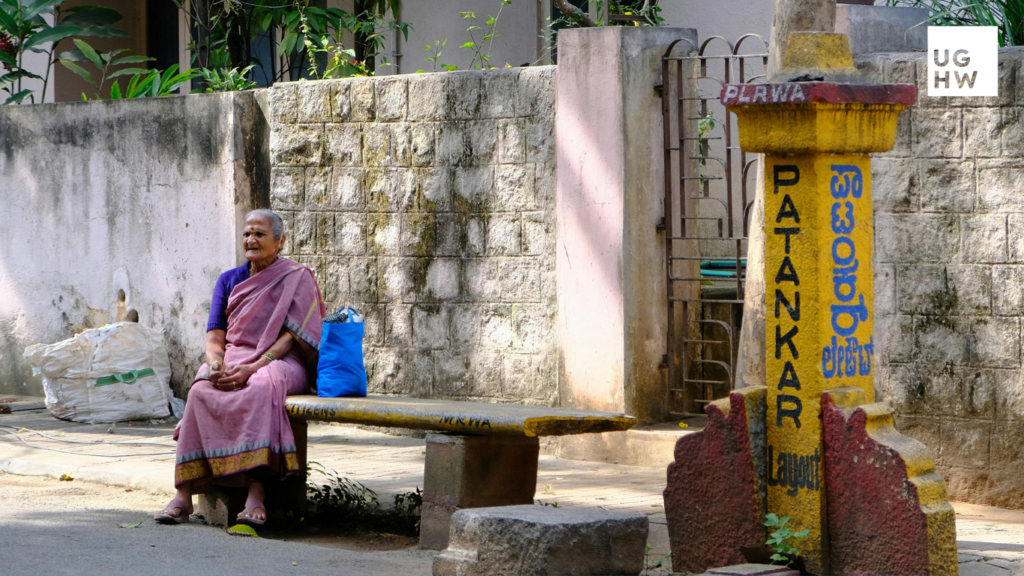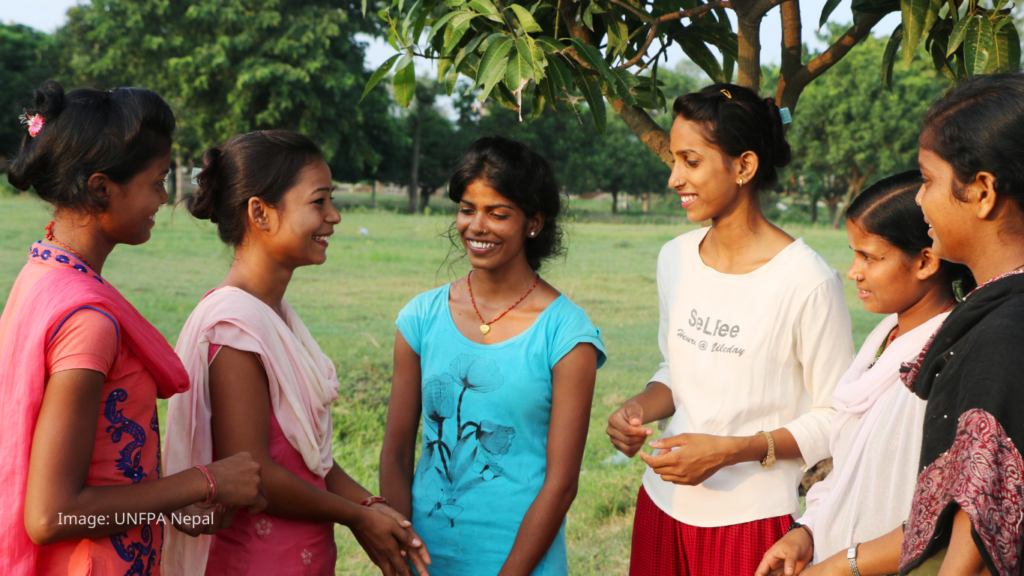
Regional Laboratory on
Urban Governance for
Health and Well-being
Urban Governance for
Health and Well-being
WHO South-East Asia Regional Office has partnered with the Department of Urban and Regional Planning, Faculty of Architecture, Chulalongkorn University to establish the Regional Laboratory on Urban Governance for Health and Well-being.
To empower cities in developing structures and systems to address the social, economic, and environmental determinants of health and promote health equity and wellbeing through good governance. This initiative will draw lessons learned from existing health, social, and environmental interventions that contribute to health and well-being, as well as health equity, to generate appropriate approaches and evidence for the designation of a healthy cities network in South-East Asia.
Urban Governance for Health and Well-being
Urban good governance for health and wellbeing refers to processes of interaction and decision-making to generate collective solutions to enhance health and wellbeing in urban settings, through co-creation practices and institutional engagement as part of the whole-of-government approaches.
Local civic and community engagement is a crucial driver to ensuring health and well-being and closing the health equity gap.
Local leaders and communities jointly address local health and wellbeing needs and priorities using innovative participatory and co-design approaches.
A network of committed mayors and creating a safe platform for dialogue and experience sharing on Urban Governance.
WHO Regional
Healthy Cities Network for
South-East Asia
CALL FOR APPLICATIONSThe South-East Asia Regional Laboratory on
Urban Governance for Health and Well-Being
was created to promote multisectoral actions as well as inclusive and equitable cities. The Regional Lab on UGHW utilizes the Healthy Cities Network framework to support cities in member countries to meet SDG 3, 11, and 17, to build partnerships between health and development partners, and to achieve WHO’s Triple Billion Targets of the 13th General Programme of Work (GPW13) 2019-2023.
The Healthy Cities Initiative is a strategic action of WHO Health Promotion’s commitment presented at the 9th Global Conference on Health Promotion. The mayors from several cities around the world have given commitments toward building healthy cities and joined the Healthy Cities Network. With the increasing urban population in many cities across the South-East Asia Region, cities in the SEAR Healthy Cities Network will benefit from lessons learned in other cities and will be supported to achieve better health outcomes for their people.
WHO-SEARO & REGIONAL LAB ON UGHW
ARE INVITING YOU TO JOIN THE NETWORK
Through the Regional Lab on UGHW platform, the regional Healthy Cities Network
can bring significant recognition to cities in South-East Asia by leveraging
their active experiences. WHO's Healthy Cities achievements are awarded with support
from the Regional Director of WHO-SEARO.


